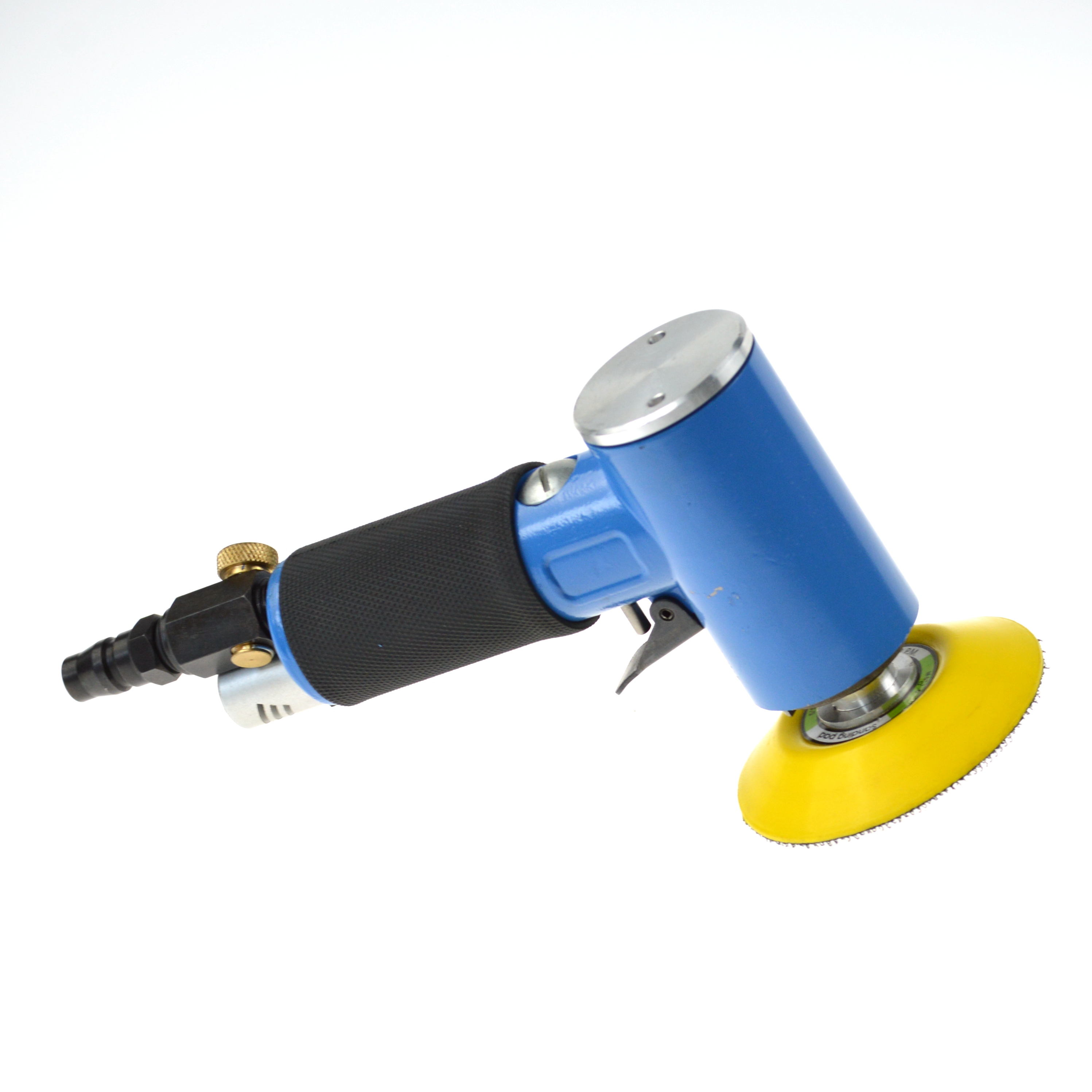

Views: 0 Author: Site Editor Publish Time: 2021-04-12 Origin: Site








Pneumatic grinders, often utilized in industrial and manufacturing settings, are known for their durability and efficiency in cutting, grinding, and polishing metal and other materials. However, despite their robust design, these tools can sometimes fail, leading to costly downtime and repairs. Understanding the reasons behind these failures can help prevent them and ensure the long-term functionality of the grinder.
Pneumatic grinders fail due to several key reasons, including inadequate maintenance, improper usage, and contaminated air supply. Addressing these issues through regular maintenance and correct operational practices can mitigate failures.

Pneumatic grinders, like any other machinery, require regular maintenance to function effectively. One of the critical aspects of maintenance includes regularly checking and replacing worn-out parts. Neglecting this can lead to parts wearing out and eventually failing, causing the grinder to malfunction. For instance, bearings and seals can wear out over time, leading to inefficiency and eventual breakdown of the tool. Regular lubrication is also essential to keep the internal components running smoothly. Without it, friction can cause significant wear and tear, leading to premature failure.
Pneumatic grinders depend on a continuous supply of clean air to operate efficiently. Contaminated or inadequate air supply can significantly impair the functionality of the grinder. Moisture, dust, and other particulates in the air supply can cause internal damage to the grinder’s components. This contamination leads to corrosion, blockages, or even reduced efficiency, resulting in the tool failing to perform optimally. Implementing effective filtration systems and ensuring the air compressor is maintained to provide clean, dry air can help prevent these issues.
Using the pneumatic grinder beyond its intended capacity can lead to failure. Each grinder is designed to handle a specific range of tasks and workloads. Overloading the grinder or using it for applications that it is not intended for can strain its internal components, causing them to wear out prematurely. Additionally, improper usage, such as applying excessive pressure or using the wrong attachments, can also lead to failure. Training operators on the correct use of the tool and adhering to manufacturer guidelines can mitigate these risks.
Operators play a significant role in the longevity and performance of pneumatic grinders. Inadequate training can result in improper usage, leading to tool failure. For instance, not knowing the correct pressure to apply or the right ways to maintain the tool can cause significant damage over time. Providing comprehensive training on how to use and maintain the grinder ensures operators are well-informed about the best practices, thereby reducing the risk of failure.
The environment in which the pneumatic grinder operates can also impact its functionality. Excessive dust, debris, or extreme temperatures can affect the tool's performance. Dust and debris can clog the air intake and other parts, while extreme temperatures can cause the metal components to expand or contract, leading to misalignment and eventual failure. Ensuring that the working environment is clean and maintaining optimal temperature conditions can help in the smooth functioning of the grinder.
In summary, pneumatic grinders fail primarily due to poor maintenance, inadequate air supply, improper usage, lack of operator training, and harsh environmental conditions. Addressing these issues through regular maintenance, proper operator training, and ensuring a clean air supply are crucial steps in preventing grinder failures. Keeping the working environment clean and adhering to operational guidelines also play significant roles in maintaining the efficiency and longevity of the tool. By taking these preventive measures, operators can ensure that their pneumatic grinders continue to perform optimally, reducing downtime and saving costs in the long run.
What is the common cause of pneumatic grinder failures?
Poor maintenance practices are the most common cause of pneumatic grinder failures.
How important is air quality in the operation of a pneumatic grinder?
Air quality is crucial; contaminated air can lead to internal damage and reduce the grinder's efficiency.
Can improper usage of pneumatic grinders lead to failure?
Yes, using the grinder beyond its intended capacity or improperly can cause significant strain and lead to failure.
Do environmental conditions affect pneumatic grinders?
Yes, excessive dust, debris, and extreme temperatures can negatively impact the tool's performance.
Why is operator training important for pneumatic grinder usage?
Proper training ensures operators are knowledgeable about correct practices, reducing the risk of tool failure.